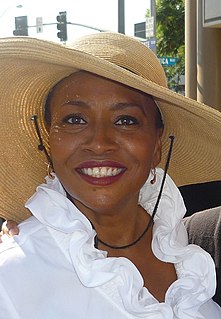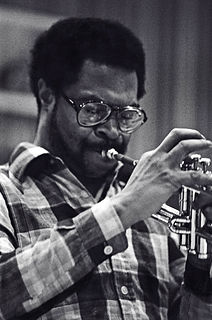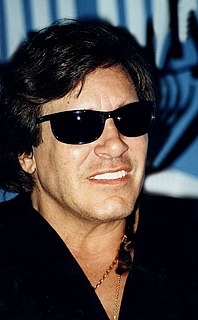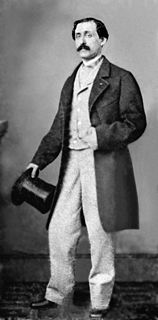A Quote by KT Tunstall
It's a shame that when you've actually lived some life and have something to write about, they're saying you're too old to come out and play it.
Related Quotes
The way I wrote it is a nice and enjoyable way to write stories, to pretend to say something when you're really saying something else. "Hey guys, come, I'll take you a football match." They all come - and you suddenly take them to watch theater play on the stage instead. In Istanbul Istanbul, I pretend to talk about torture and politics, but I don't actually. Instead I talk about hope and hopelessness, darkness and light, good and evil, love and separation.
In order for a musician to grow, he's got to pay his dues. Some musicians ask me, 'well, what do you mean? You're saying I have to 'starve' and pay all these dues just to play jazz?' And my answer to them is, well, to some degree, yes! Because in order to play jazz you have to live it. Those notes mean something. They don't just come from your brain, they come from your heart and soul too. And in order to have that heart and soul you have to experience life. So I relate my music to my life and my life style. You can't separate the two.
I find that I end up liking songs if I really have an idea of something I wat to write about-some problem in my life or something I want to work through; if I don't have something like that at the root of the song, then I think I end up not caring about it as much. I gravitate towards some kind of concept or idea or situation that I want to write about. Very often I have to write, rewrite and come at it from an opposite angle...and I end up writing the opposite song that I thought I was going to write.
Something I always tell students is, when you're writing something, you want to write the first draft and you want it to come out easily in the beginning. If you're afraid to say what you really have to say, you stammer. [...] You're judging yourself, you know, thinking about your listener. You're not thinking about what you're saying. And that same thing happens when you write.
I've been writing music since I was about eight. I would write sporadically. I wrote a lot of music in high school. I guess the oldest song on the record ("I Thought I Saw Your Face") is about eight years old. It's the old "I had my whole life to write my first album and six months to write the second one." I did, to some degree, but actually, a lot of the songs that ended up on the record, I wrote really recently. So it varies.
Some writers find that they don't know their themes until they've finished the first draft (I am one). They then rewrite with an eye toward balancing on that tightrope: not too contrived, not too rambling; does what I'm saying about the world below me actually add up to anything? Other writers pay attention to these things as they write the first draft. Either way, an awareness of the macro and micro levels of theme can provide one more tool for thinking about what you should write, and how.
My process is pretty messy, and there's a lot of creative destruction in it. When I set out to write something, I'll write some passages from it just to figure out who these characters are, how they talk. And I have a dim sense of what it's about and where it's going to go, but I know that's going to change, too.
If I get too old to write, or short-term memory loss - that was the one Philip Roth was worried about - if I got to that point, that would be terrible, because everything about my life has been streaming toward writing and having something to say. That would make me feel as though I were in an iron maiden of some kind.
I think challenges are what any decent writer would be all about. If you actually do find your slide and grease it, shame on you. Me, I get bored very easily. As a writer I get bored even faster than I do in real life. I mean, I like fast cars; I've driven a lot of racecars. You need some stimulation. If I find something that seems too difficult to do, too difficult to research, or beyond your writing abilities, it's a perfect invitation to try it.




































